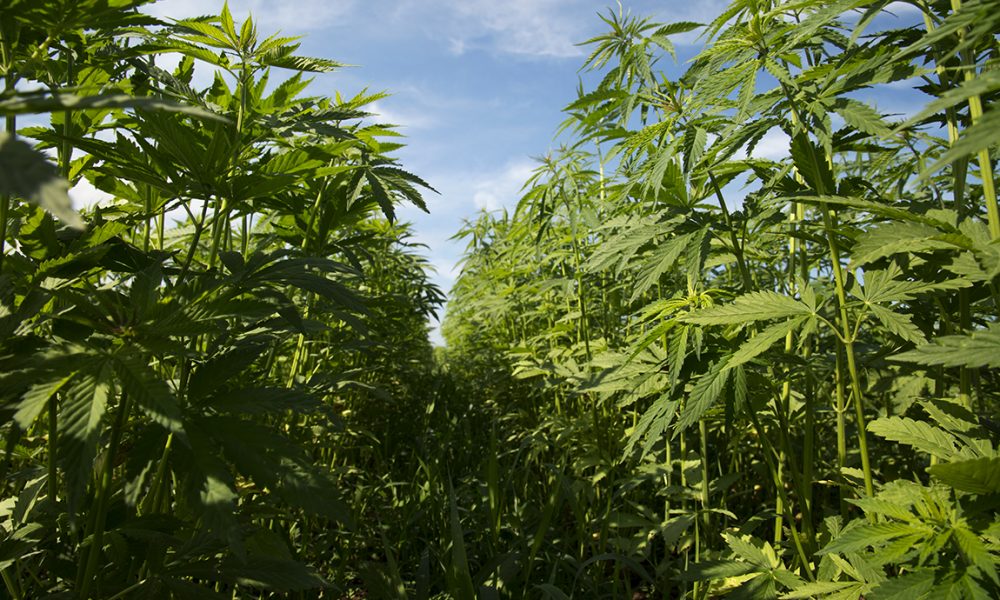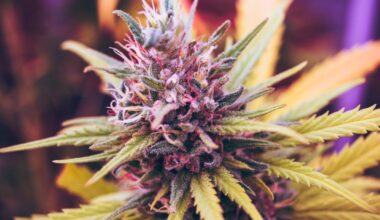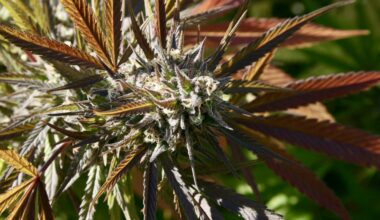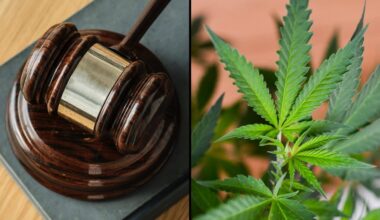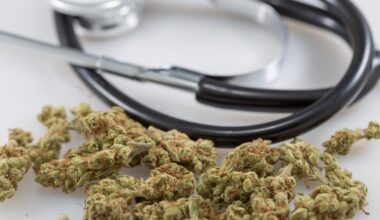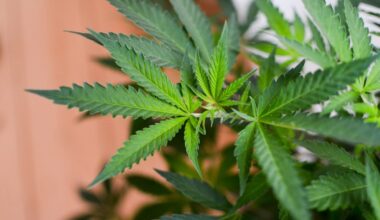Lawmakers on a House Agriculture subcommittee are holding a hearing on Thursday that’s expected to touch on a wide range of hemp issues, potentially setting the stage for future legislation that could build on the current regulations for the crop and its derivatives like CBD.
The House Agriculture Subcommittee on Biotechnology, Horticulture, and Research has jurisdiction over areas of specific, limited hemp policy matters, but members like Rep. Chellie Pingree (D-ME) have already previewed that they plan to raise broader issues such as proposals to increase the THC limit for legal hemp and eliminating Drug Enforcement Administration (DEA) lab testing requirements.
Unburdening the hemp industry is simple:
⬆️ Raise the allowable THC threshold
❌ Remove DEA lab testing restrictions
🛑 Stop the discriminatory license banThese are commonsense solutions in my Hemp Advancement Act @HouseAgDems will hear about + more in today’s 10am hearing pic.twitter.com/1VTFeUCu2y
— Congresswoman Chellie Pingree 🇺🇸 🇺🇦 (@chelliepingree) July 28, 2022
Hemp was federally legalized as part of the 2018 Farm Bill, but while that bipartisan achievement was welcome news for advocates and industry stakeholders, opening up what’s become a massive market in the U.S., many have pointed out challenges with the current law and pushed for further reforms.
Lawmakers at the hearing will hear from two state agriculture commissioners as well as industry representatives.
Watch the committee discuss hemp the U.S. Department of Agriculture (USDA) hemp program in the video below:
The panel announced last week that it would hold a hemp-related hearing, though the initial notice offered little detail about what members would be specifically discussing.
But the expectation is that this conversation will focus on policies that could be incorporated into the 2023 Farm Bill. Another key area of interest for stakeholders is the marketing of hemp-derived CBD, but that would likely fall under the jurisdiction of a different committee dealing with the Food and Drug Administration (FDA).
The chairman of the full committee, Rep. David Scott (D-GA) said in February that he felt the next iteration of the Farm Bill should go even further than hemp and include provisions dealing with marijuana—specifically policies to remove cannabis industry barriers for Black entrepreneurs and small businesses.
As the Chair of the House Agriculture Committee, I am committed to addressing the issue of cannabis in our next Farm Bill. We need to eliminate barriers for small businesses and Black entrepreneurs to start legal cannabis companies under state law. https://t.co/7P2yKFNYXr
— David Scott (@Electdavidscott) March 5, 2022
Pingree, for her part, filed a bill titled the “Hemp Advancement Act” in February that’s meant to provide hemp businesses with additional regulatory flexibility that stakeholders have been seeking. The measure, which she has said is intended to start discussion on reforms in anticipation of the next Farm Bill, would further remove a controversial ban on hemp market participation by people with prior drug convictions.
The Congressional Research Service (CRS) released a report in March that outlined various components of the 2018 Farm Bill and made recommendations for future policy considerations, including those dealing with hemp. For example, the paper noted stakeholder feedback about revising the federal definition of hemp by increasing the allowable THC limit from 0.3 percent to 1.0 percent THC per dry weight.
CRS also said that Congress should take into account industry complaints about the ongoing absence of FDA regulations to market hemp-derived CBD products in the food supply and possible take steps to address the problem.
Meanwhile, House Appropriations Committee leaders recently released spending legislation for the U.S. Department of Agriculture (USDA) that calls for multiagency coordination to create guidance on hemp manufacturing and also recommends that the department work with the Drug Enforcement Administration (DEA) to resolve concerns about enforcement actions for so-called “hot hemp” that exceeds the 0.3 percent THC limit during extract processing.
—
Marijuana Moment is tracking more than 1,500 cannabis, psychedelics and drug policy bills in state legislatures and Congress this year. Patreon supporters pledging at least $25/month get access to our interactive maps, charts and hearing calendar so they don’t miss any developments.![]()
Learn more about our marijuana bill tracker and become a supporter on Patreon to get access.
—
USDA released the results of a massive, first-ever federal survey on the hemp industry in February, providing a “benchmark” analysis of the economic impact of the burgeoning market. At a top level, the department’s survey found that the hemp market’s value reached $824 million in 2021, with about 54,200 acres grown across the country.
Back in Congress, Reps. Kurt Schrader (D-OR) and Morgan Griffith (R-VA) filed a bill earlier this year that’s aimed at allowing hemp and CBD derived from the crop to be marketed and sold as dietary supplements.
In the Senate, Sens. Ron Wyden (D-OR), Rand Paul (R-KY) and Jeff Merkley (D-OR) introduced legislation that would similarly exempt “hemp, hemp-derived cannabidiol, or a substance containing any other ingredient derived from hemp” from certain restrictions that have blocked the emergence of legal consumable hemp products while the FDA has slow-walked regulations.
Paul also filed a separate measure last year that would triple the concentration of THC that hemp could legally contain while addressing multiple other concerns the industry has expressed about the federal regulations.
This hearing on hemp comes two days after the House approved a bipartisan cannabis research bill and a Senate Judiciary subcommittee convened for a first-of-its-kind hearing on federal marijuana reform.
A newly introduced Senate cannabis legalization bill would also have implications for the hemp industry, though there are serious doubts about whether the measure has enough support to reach the 60-vote threshold in the chamber.
Photo courtesy of Brendan Cleak.
Medical Disclaimer:
The information provided in these blog posts is intended for general informational and educational purposes only. It is not a substitute for professional medical advice, diagnosis, or treatment. Always seek the advice of your physician or other qualified healthcare provider with any questions you may have regarding a medical condition. The use of any information provided in these blog posts is solely at your own risk. The authors and the website do not recommend or endorse any specific products, treatments, or procedures mentioned. Reliance on any information in these blog posts is solely at your own discretion.
